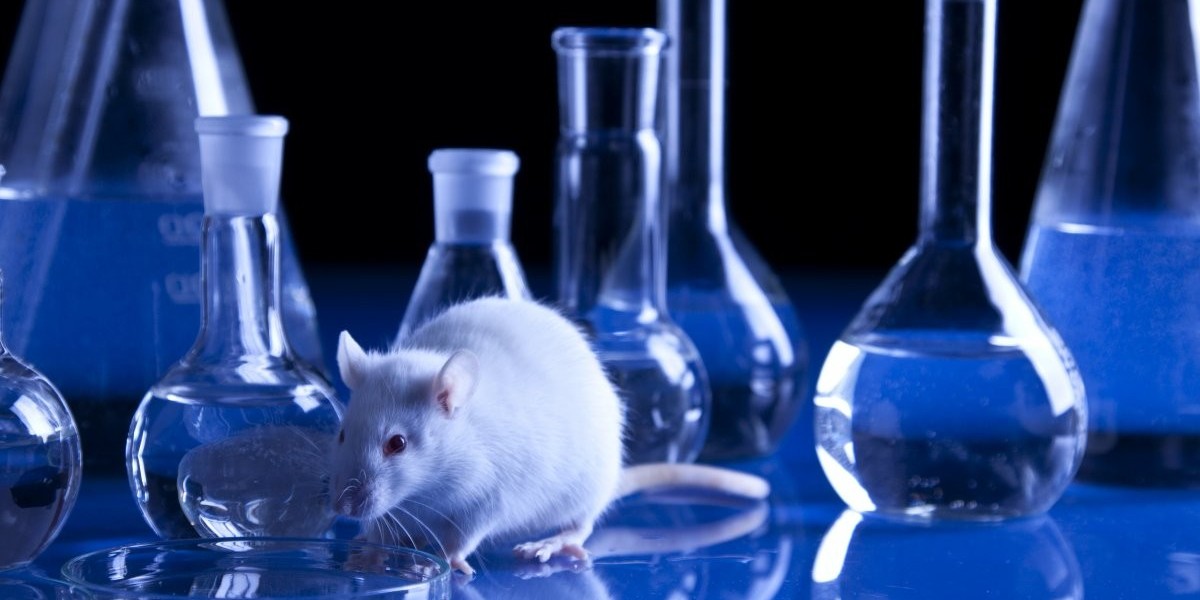Animal biotechnology is a branch of biotechnology in which molecular biology techniques are used to genetically modify animals (ie change their genomes) to improve their suitability for pharmaceutical, agricultural or industrial applications. Animal biotechnology has been used to produce genetically modified animals that synthesize therapeutic proteins with improved growth rates or disease resistance. Animal biotechnology is a rapidly growing field that has the potential to change the way food is produced and improve animal health. In recent years, several international seminars have been organized to discuss the latest developments in animal biotechnology and to share best practices for regulation and control.
The field of Global Animal Biotechnology is transforming the landscape of global agriculture. By leveraging cutting-edge technologies, scientists and farmers are enhancing livestock health, productivity, and welfare. This blog delves into the remarkable advances in animal biotechnology and their implications for the future of livestock management.
Genetic Engineering: Revolutionizing Animal Breeding
Genetic engineering stands at the forefront of animal biotechnology. Through precise modifications to the DNA of livestock, scientists can introduce desirable traits such as disease resistance, improved growth rates, and enhanced nutritional profiles. For example, genetically engineered cattle resistant to bovine tuberculosis could significantly reduce losses in dairy and meat production, particularly in regions where the disease is prevalent. Additionally, advancements in CRISPR-Cas9 technology allow for even more targeted genetic modifications, paving the way for customized livestock tailored to specific agricultural needs.
Cloning: Preserving and Enhancing Breeds
Cloning technology has evolved from a scientific curiosity to a practical tool in animal agriculture. By creating genetically identical copies of high-performing animals, farmers can maintain superior livestock lines. This ensures that desirable traits, such as high milk yield in cows or rapid growth in pigs, are consistently passed down through generations. Moreover, cloning can aid in the preservation of endangered breeds, helping maintain biodiversity within livestock populations.
Vaccines and Disease Control: Safeguarding Animal Health
Biotechnological advances have led to the development of more effective vaccines, which play a crucial role in disease prevention and control. Innovative vaccines, such as those using recombinant DNA technology, offer enhanced protection against a range of infectious diseases. These vaccines are not only more effective but can also be produced more quickly and at a lower cost than traditional vaccines. Improved disease control directly translates to healthier livestock, increased productivity, and reduced reliance on antibiotics, mitigating the risk of antibiotic resistance.
Nutrigenomics: Optimizing Animal Nutrition
Nutrigenomics, the study of how an animal's diet interacts with its genome, is opening new avenues for optimizing animal nutrition. By understanding the genetic factors that influence nutrient absorption and metabolism, scientists can design diets that maximize the health and productivity of livestock. Customized feed formulations based on genetic profiles can enhance growth rates, improve feed efficiency, and reduce environmental impact by minimizing waste.
Ethical Considerations and Sustainability
As animal biotechnology progresses, it raises important ethical and sustainability considerations. The welfare of genetically modified and cloned animals is a significant concern. Ensuring that these animals do not suffer from unintended health issues is paramount. Ethical frameworks and rigorous regulatory standards are essential to guide the responsible use of biotechnology in animal agriculture.
Sustainability is another critical aspect. Biotechnological innovations have the potential to make livestock farming more sustainable by reducing the environmental footprint of agriculture. For example, genetically modified animals that utilize feed more efficiently can reduce the demand for agricultural resources, such as land and water. Additionally, disease-resistant livestock can decrease the need for chemical treatments and veterinary interventions, promoting more eco-friendly farming practices.
The Global Perspective
The impact of animal biotechnology is felt worldwide, with different regions benefiting from these advancements in unique ways. In developing countries, where livestock diseases can devastate economies and food security, biotechnological solutions offer a lifeline. Improved animal health and productivity can lead to increased food production, economic growth, and improved livelihoods for farmers.
In developed countries, biotechnology supports the demand for high-quality, sustainably produced animal products. Consumers are increasingly interested in the ethical and environmental implications of their food choices. Biotechnology enables producers to meet these demands by providing healthier, more efficiently produced animal products.
The future of livestock is being reshaped by the remarkable advances in animal biotechnology. From genetic engineering and cloning to nutrigenomics and advanced vaccines, these technologies offer promising solutions to some of the most pressing challenges in animal agriculture. By improving animal health, productivity, and welfare, biotechnology is paving the way for a more sustainable and efficient agricultural future. As we continue to explore and refine these technologies, it is crucial to address ethical considerations and ensure that the benefits of biotechnology are realized responsibly and equitably across the globe.
Get more insights on Global Animal Biotechnology
Also read related article on Global Animal Biotechnology


